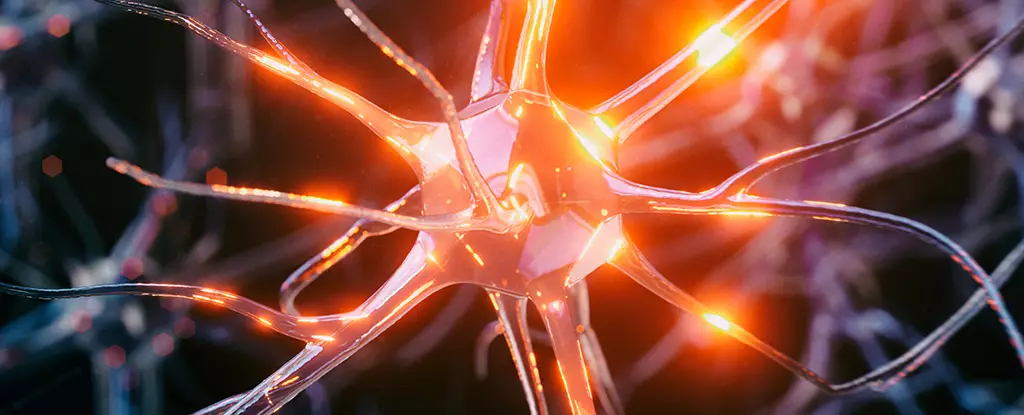A recent clinical trial has shown promising results in using fecal microbiota transplants (FMTs) from healthy donors to improve symptoms of Parkinson’s disease in early stage patients. The research team from Belgium conducted the trial, leading to mild but significant improvements in motoric symptoms such as tremors and balance issues over the course of a year. These findings suggest that fecal transplants could potentially slow the progression of Parkinson’s disease and even reverse its effects.
In the clinical trial, 46 patients were treated in total, with 22 receiving fecal transplants from healthy donors and 24 receiving a placebo. Follow-ups were conducted up to a year after the transplant, and improvements were only noticeable after the 6-month point. The participants who received the healthy donor stool transplant showed a significant improvement in their motor score, which is a key measure for Parkinson’s symptoms. Additionally, there was a measurable slowdown in the development of constipation, a common symptom of Parkinson’s disease, in recipients of the fecal transplants.
The fecal transplant was administered through the noses of the Parkinson’s patients to reach their small intestine. While it may not be the most pleasant experience, the potential benefits for those with the condition could be significant in halting the progression of the disease. The researchers believe that the improvement in symptoms might be related to changes in gut movement, highlighting the gut-brain connection in Parkinson’s disease. FMT could offer a safe, effective, and cost-effective way to improve symptoms and quality of life for millions of people worldwide suffering from Parkinson’s disease.
Previous research has suggested a link between Parkinson’s disease and significant changes in the gut microbiota. The presence of protein clumps in the gut that can travel up the vagus nerve and contribute to neurodegeneration associated with Parkinson’s has been proposed. Understanding the role of gut bacteria in this process could potentially lead to interventions aimed at reducing the severity of damage caused by the disease. However, with the vast diversity of bacteria in the gut, determining the specific bacteria influencing Parkinson’s remains a challenge. Future research aims to identify the bacteria that have a positive influence on the disease to further enhance treatment options for Parkinson’s patients.
The use of fecal transplants from healthy donors shows promise in improving symptoms of Parkinson’s disease and potentially altering the course of the disease. While the idea of fecal transplants may be off-putting to some, the potential benefits in managing Parkinson’s symptoms cannot be overlooked. Further research into the gut-brain connection, the role of gut microbiota, and the specific bacteria influencing Parkinson’s disease is crucial in developing effective treatment strategies for this debilitating condition.

Leave a Reply